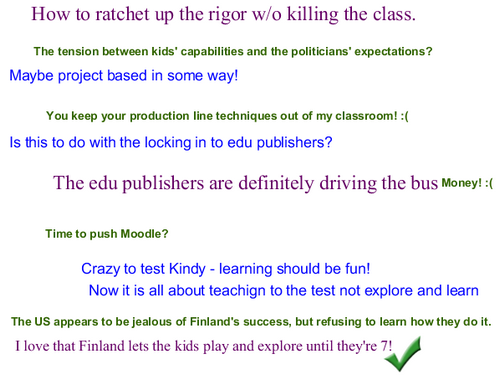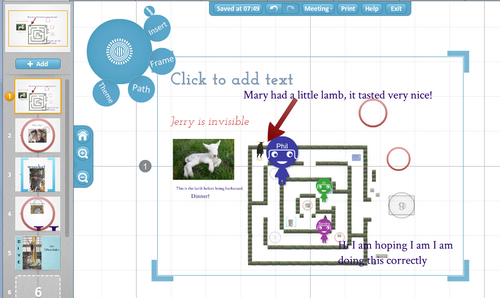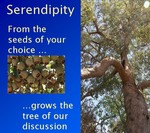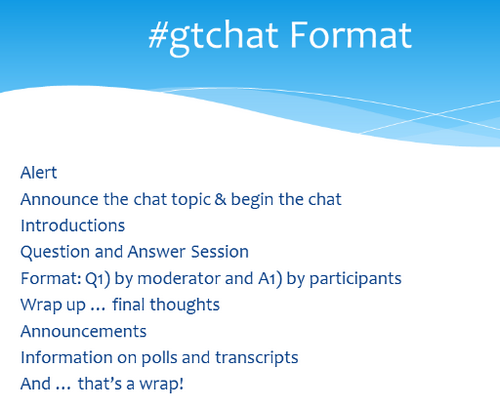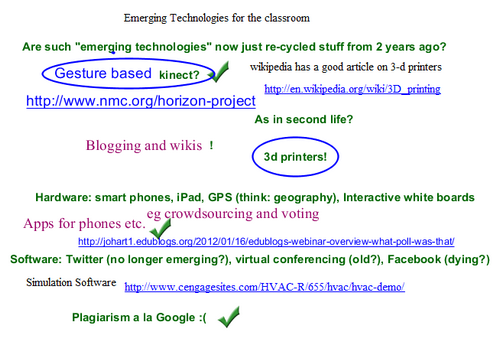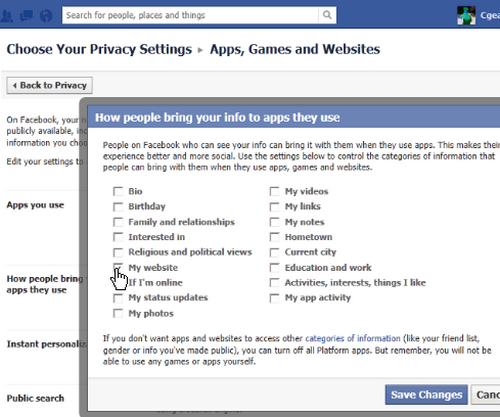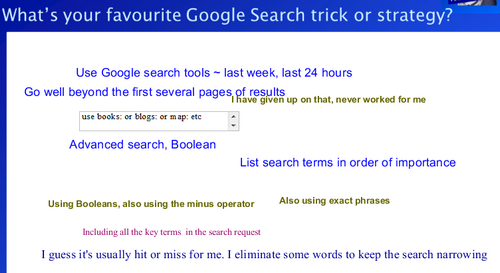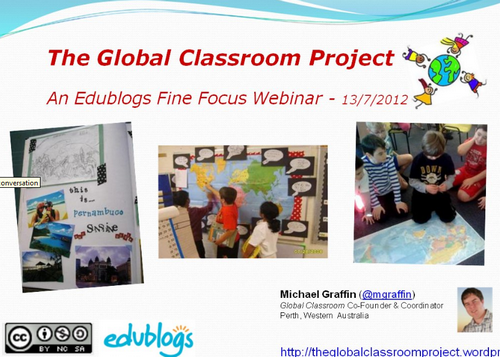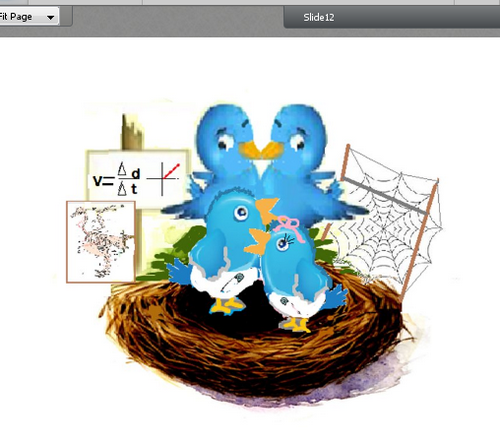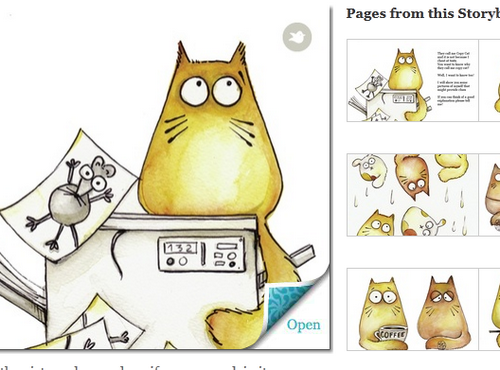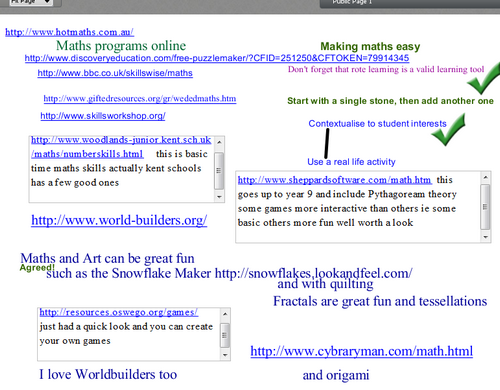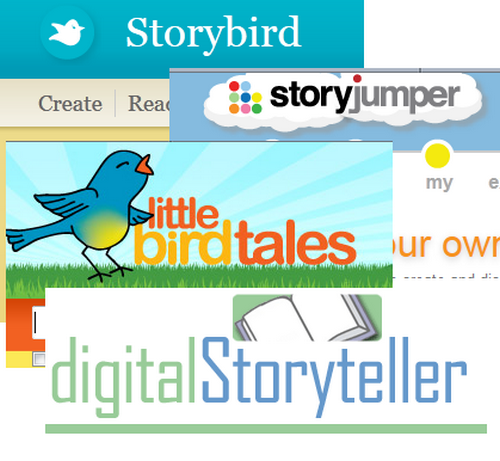REMINDER
It’s that time of year again! Over the next few weeks timezone chaos will reign. Half the world goes onto daylight saving and half comes off daylight saving. Except for a few regions such as here in Western Australia where we don’t have daylight saving. Just to make it even more complicated different places change on different dates. This is one of the main reasons we use GMT/UTC for our webinar times – because (like our West Australian time, but with much more “credibility”) it stays the same all year round.
If you have just lost or gained an hour then double check the times for anything trans-global in which you are involved. In the Northern Hemisphere you are heading back into winter so will “lose” an hour when your clocks are set back, thus our webinars will be an hour earlier “your time”. In the Southern Hemisphere you are going forward into summer so you “gain” an hour resulting in webinars an hour later “your time”
(For the link for live webinars and info about the times and topics scroll to the bottom of this post)
Introduction
The topic this week for our recorded Serendipity webinar was about how best to “keep” (appropriately Creative Commons licensed) images that we had found for use in presentations or other resources. The purpose being to be able to easily and quickly add them to future presentations. We also spent a little time at the end of the session discussing and looking at managing student Edublogs accounts.
The session
Before starting the discussion we asked the proposer of the topic to give the context behind the question. This was mostly an issue of time both to re-find/re-access a remembered image and to carry out any rezising and cropping activities necessary.
The great challenge of this topic is not in keeping or classifying the images but in finding a way to easily store/access them with the attribution and a live link to the original source integrated.
We began with a whiteboard brainstorm although most of the discussion was via audio and text chat. A number of ideas were shared and the pros and cons discussed. These related to platforms (eg DropBox, EverNote, Powerpoint). However there were fewer suggestions for ensuring that all the attribution information and a live link were retained.
Some thoughts on a strategy for the above
This has been on my mind since the session because of the difficulty I have myself in ensuring that students attribute and link when using CC licensed images. If I could find a strategy they could use that would tie the attribution and the link to the image for future use I would be very happy! My current thoughts on the issue would be the following:
- Use Powerpoint as the platform/medium
- Find and download an appropriate CC licensed image (from Flickr CC search is good and easy)
- Check the license conditions, copy the attribution and the link to the image within the owner’s photostream & paste these to the Powerpoint slide
- Edit the image as required (if permitted under the terms of the license) for me this is usually limited to resizing and occasionally cropping. I use PhotoFiltre because of its simplicity. See this previous webinar overview for more on PhotoFiltre and this post from the 2011 Edublogs Teacher Challenge on Free tools for more about PhotoFiltre and the importance of image size.
- Save the resized image and then load into Powerpoint – alternatively you can frame as much as you want of the image and just copy/paste onto the Powerpoint slide.
- Position the attribution and the link either just within the image boundary or below the image. Adjust the sizes of text boxes and font so that they are not significantly wider than the image.
- Group the image and the text boxes together.
- If you need to tag in some way then add a list of keywords to the slide – you should then be able to use the “Find” option in editing to take you to suitable topics.
- Save the Powerpoint! You can then store it anywhere that suits you – including in the cloud.
- To re-use, select the grouped objects (image, attribution and link), copy and paste into your new presentation. NB if you are uploading to a blogpost you will need to save the grouped image as an image file (jpg or png are good). Then upload as usual. To make a live link you will need to insert an additional link to the photostream see below.
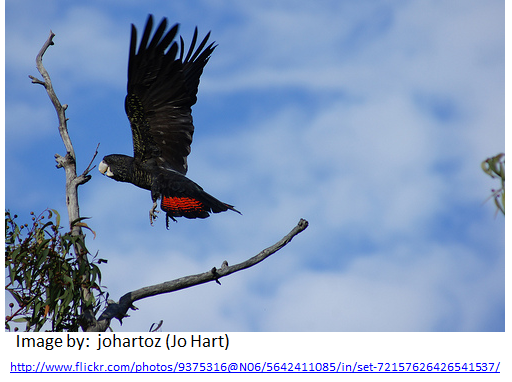 Link to johartoz’s photostream
Link to johartoz’s photostream
I would love to hear from anyone else with ideas on how to do this better and/or from anyone who has tried/is trying something similar. This post has turned into rather more than the usual simple overview & recording link.
Our short look at managing student Edublogs blogs was around the different ways that blogs might be set up for students and how the teacher might be able to access the blog with some admin control/rights if the blog was set up independently by the student rather than by the teacher using the class set up process.
Conclusion
This ws a great session with many ideas shared. Storing CC images for easy re-use was not a topic I had ever really considered myself so I found it particularly interesting. Mostly I use my own images – either photographs or screenshots, although I do occasionally source an image through Creative Commons search on Flickr. If I need to re-use one of these I just go back to wherever I previously used it (usually Powerpoint) and copy/paste the image with associated attribution and link.
Our Next Session
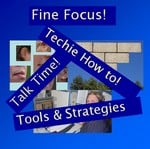 Our next Webinar is an Edublogs “Fine Focus” session. It’s a long time since we talked Twitter” and there seems to have been a recent spate of h*ck/ph*sh/sp*m attacks so this week in “A cuckoo free Twitter nest!” we will take a look at some strategies that might help you evade these. Join us on Thursday October 4th at 23:00 GMT/UTC the time for you will vary depending on your timezone (check yours here) Thursday afternoon/evening in the USA, late night Thursday in Europe, and Friday morning October 5th in Australia – in the usual Blackboard Collaborate virtual room.
Our next Webinar is an Edublogs “Fine Focus” session. It’s a long time since we talked Twitter” and there seems to have been a recent spate of h*ck/ph*sh/sp*m attacks so this week in “A cuckoo free Twitter nest!” we will take a look at some strategies that might help you evade these. Join us on Thursday October 4th at 23:00 GMT/UTC the time for you will vary depending on your timezone (check yours here) Thursday afternoon/evening in the USA, late night Thursday in Europe, and Friday morning October 5th in Australia – in the usual Blackboard Collaborate virtual room.

